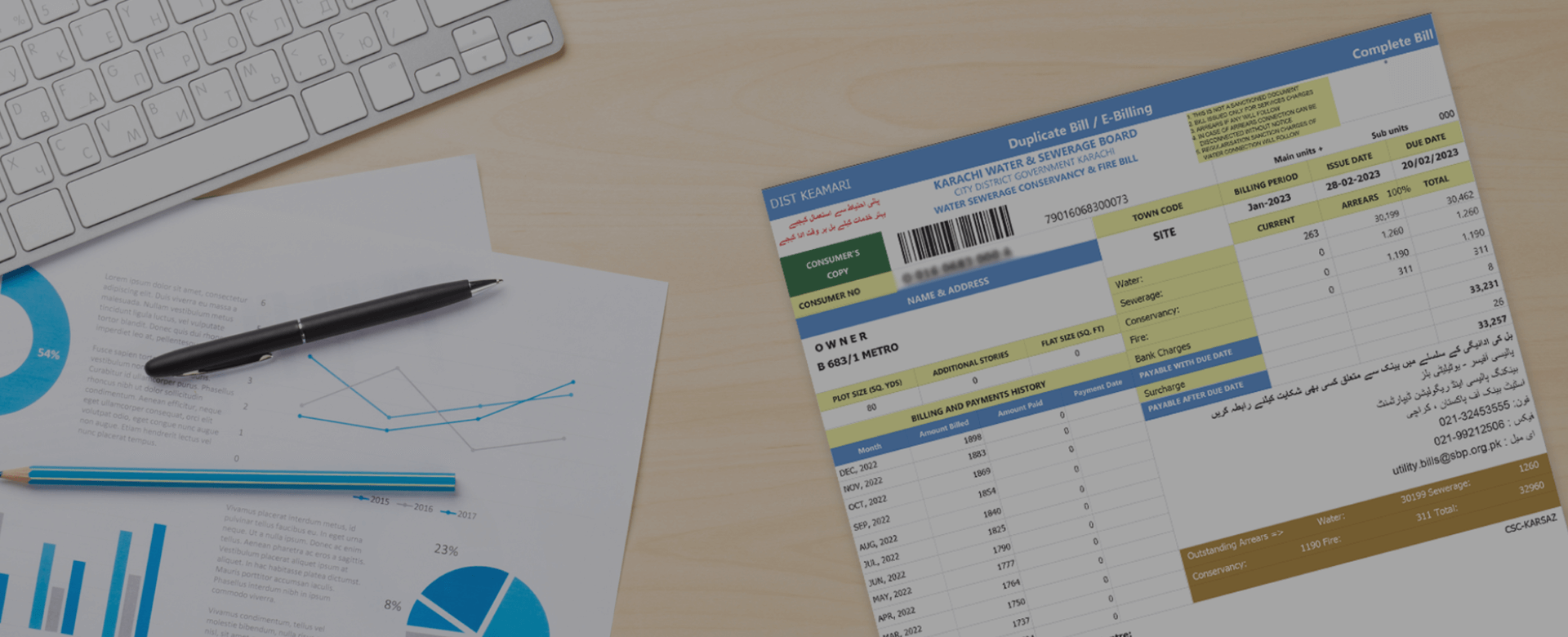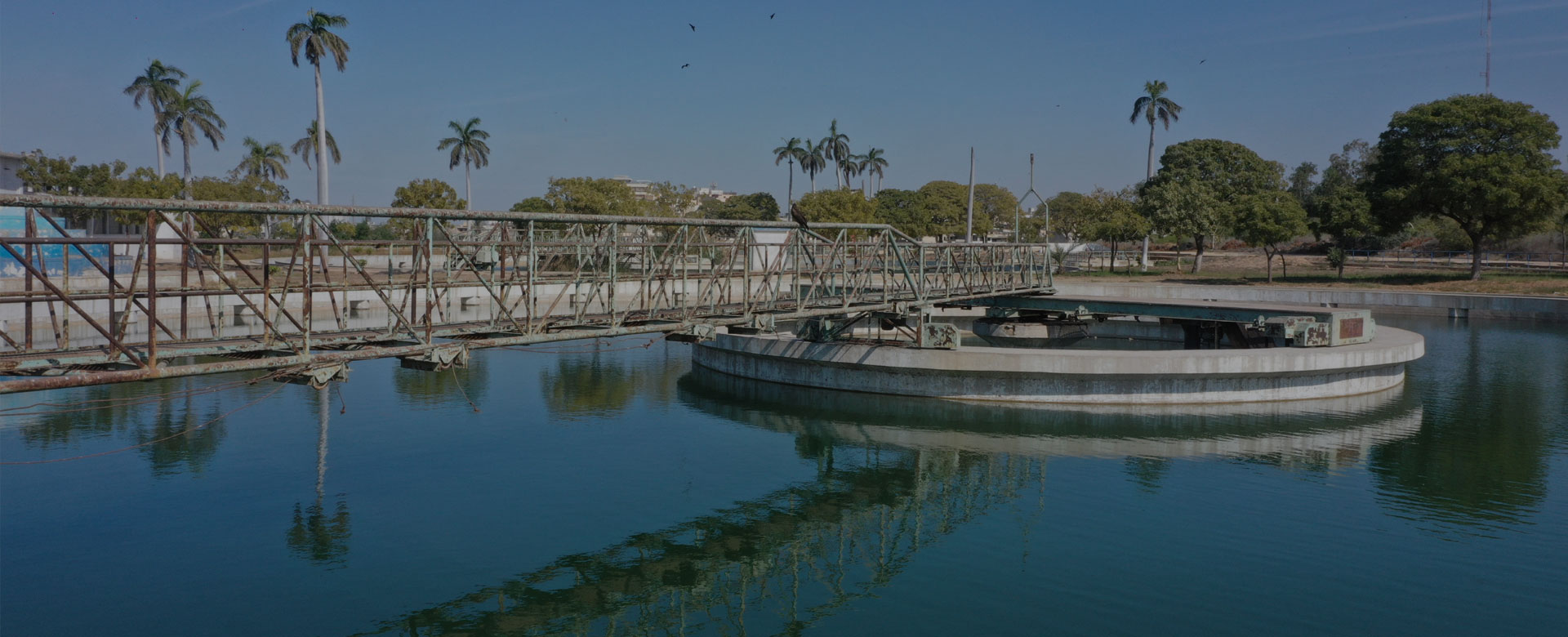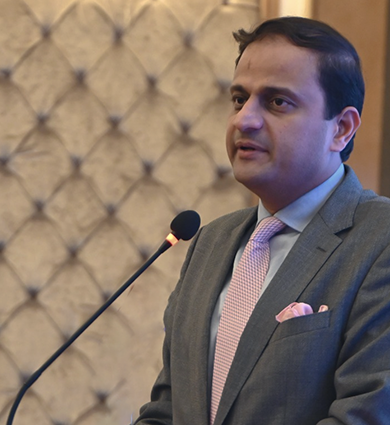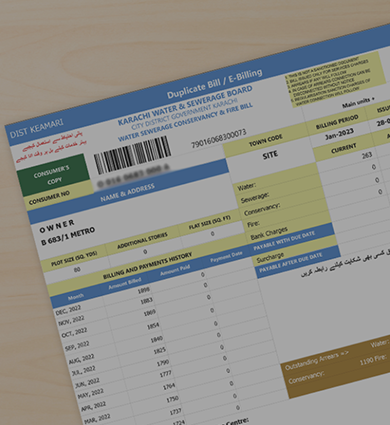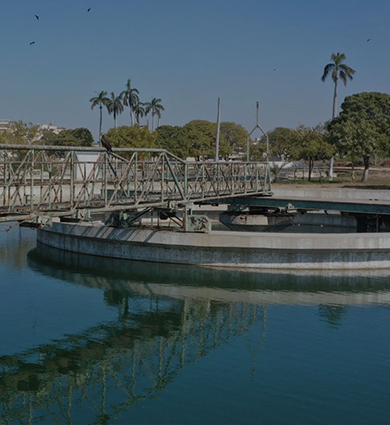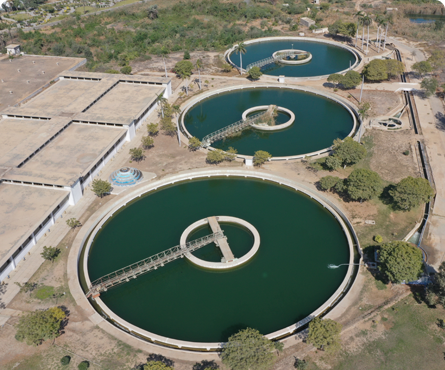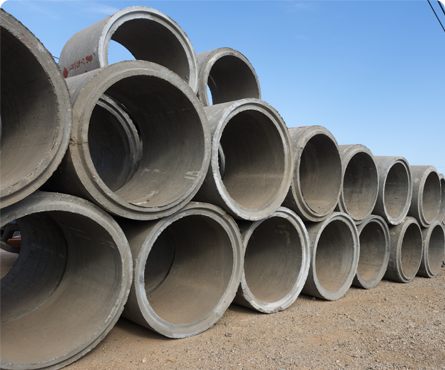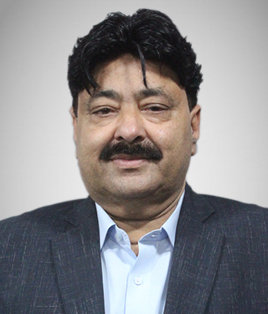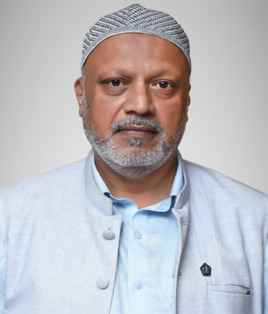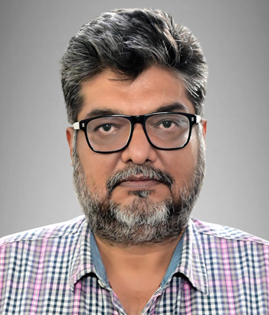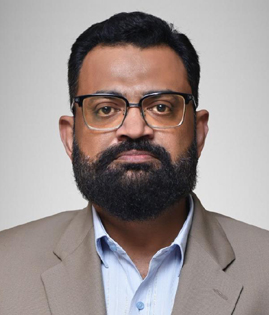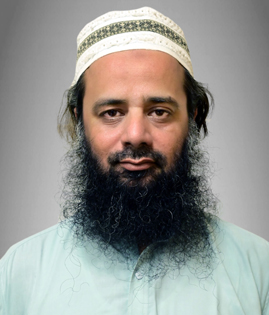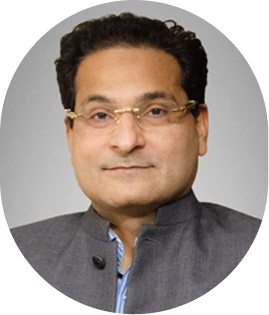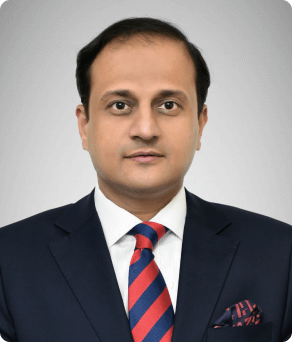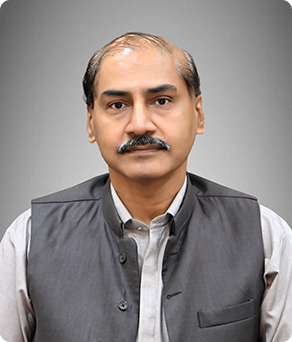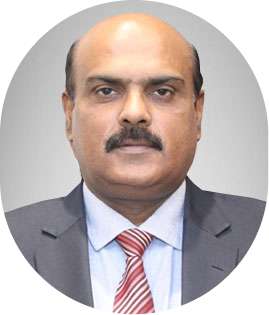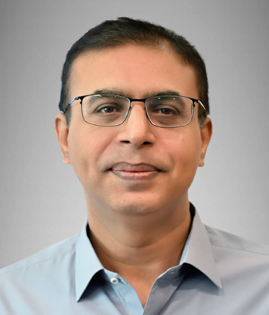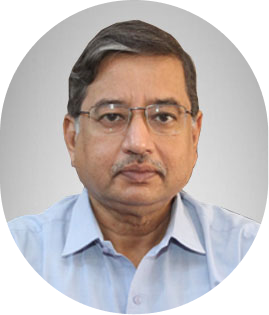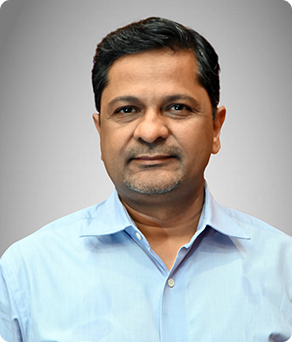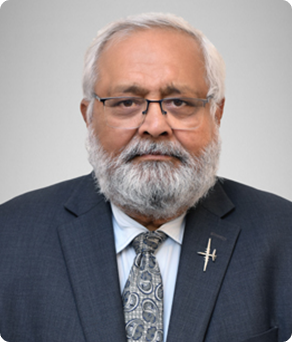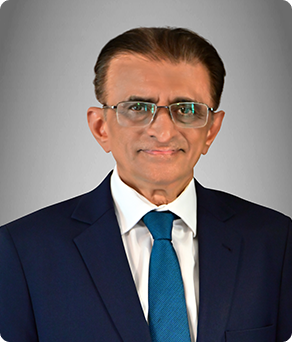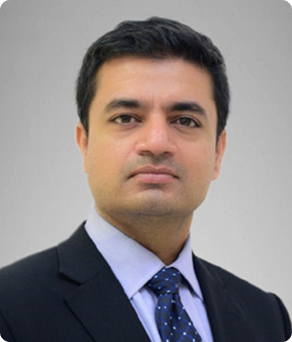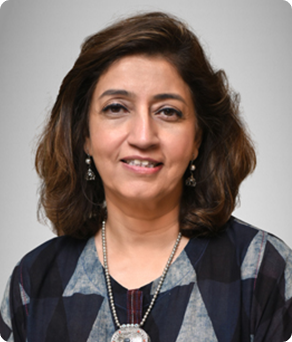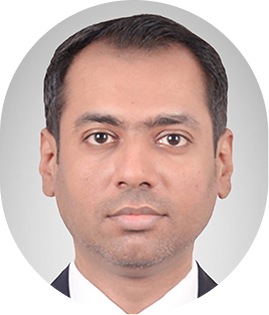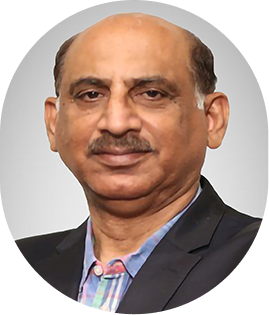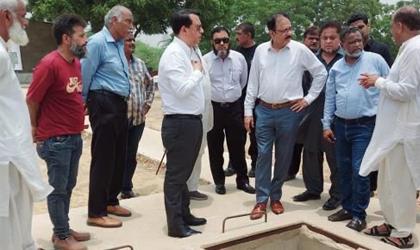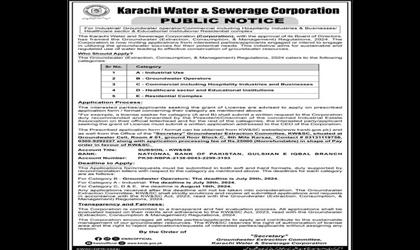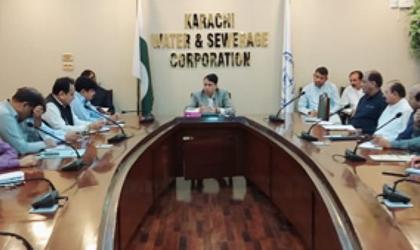Aug 13, 2025
PPP Chairman Bilawal Bhutto Zardari unveils the plaque to inaugurate the New Hub Canal, alongside Sindh Chief Minister Syed Murad Ali Shah, Karachi Mayor Murtaza Wahab, and others.
Aug 6, 2025
Before the inauguration, the Mayor of Karachi visited the New Hub Canal along with officials and experts.
Aug 6, 2025
After 22 years, the city’s first major water project has been completed, Mayor Karachi.
Aug 6, 2025
News circulating on social media about the project's failure declared baseless, Mayor Karachi.
Aug 6, 2025
The breach shown in the video was actually a cut to take water from the old canal, Project Director Sikandar Zardari
Aug 6, 2025
No leakage or fault reported in New Hub Canal, Project Director Sikandar Zardari.
Aug 6, 2025
Citizens should not believe rumors, the project is completely safe, Project Director Sikandar Zardari
Aug 6, 2025
The water flow process during the test was completed under the supervision of the Water Corporation, Project Director Sikandar Zardari
July 24, 2025
KWSC Board of Directors approves Ahmed Ali Siddiqui, to be permanent CEO of KWSC.
May 03, 2025
CEO, (Ahmed Ali Siddiqui) KWSC Visit at NEK Old & NEK New Filter Plant.
May 03, 2025
CEO, ( Ahmed Ali Siddiqui) KWSC Visit at COD Filter Plant.
April 13, 2025
CEO, (Ahmed Ali Siddiqui) KWSC Visit at K-4 Intake Point @ Chilya District Thatta.
April 13, 2025
CEO, (Ahmed Ali Siddiqui) KWSC Visit at Gharo Pump House Station
April 20, 2025
CEO, ( Ahmed Ali Siddiqui) KWSC Visit at Pipri Pumping Station.
April 20, 2025
CEO, (Ahmed Ali Siddiqui) KWSC Visit at Dhabeji Pumping Station.
April 20, 2025
CEO, (Ahmed Ali Siddiqui) KWSC Visit at Four Bay Site Dhabeji Pumping Station.
March 12, 2024
Mayor Karachi and Chairman Karachi Water and Sewerage Corporation (KW&SC), Barrister Murtaza Wahab, has announced plans to ensure an additional 300 MGD water supply in Karachi before the end of his tenure as mayor.
March 24, 2025
Ahmed Ali Siddiqui, assumes the charge of Managing Director/CEO, Karachi Water and Sewerage Corporation.
SEPT-18,2025
The repair work was finished, the Hub Rising Main was recharged, and water supply to the city from the Hub Pumping Station was fully restored.
Aug 13, 2025
PPP Chairman Bilawal Bhutto Zardari unveils the plaque to inaugurate the New Hub Canal, alongside Sindh Chief Minister Syed Murad Ali Shah, Karachi Mayor Murtaza Wahab, and others.
Aug 6, 2025
Before the inauguration, the Mayor of Karachi visited the New Hub Canal along with officials and experts.
Aug 6, 2025
After 22 years, the city’s first major water project has been completed, Mayor Karachi.
Aug 6, 2025
News circulating on social media about the project's failure declared baseless, Mayor Karachi.
Aug 6, 2025
The breach shown in the video was actually a cut to take water from the old canal, Project Director Sikandar Zardari
Aug 6, 2025
No leakage or fault reported in New Hub Canal, Project Director Sikandar Zardari.
Aug 6, 2025
Citizens should not believe rumors, the project is completely safe, Project Director Sikandar Zardari
Aug 6, 2025
The water flow process during the test was completed under the supervision of the Water Corporation, Project Director Sikandar Zardari
July 24, 2025
KWSC Board of Directors approves Ahmed Ali Siddiqui, to be permanent CEO of KWSC.
May 03, 2025
CEO, (Ahmed Ali Siddiqui) KWSC Visit at NEK Old & NEK New Filter Plant.
May 03, 2025
CEO, ( Ahmed Ali Siddiqui) KWSC Visit at COD Filter Plant.
April 13, 2025
CEO, (Ahmed Ali Siddiqui) KWSC Visit at K-4 Intake Point @ Chilya District Thatta.
April 13, 2025
CEO, (Ahmed Ali Siddiqui) KWSC Visit at Gharo Pump House Station
April 20, 2025
CEO, ( Ahmed Ali Siddiqui) KWSC Visit at Pipri Pumping Station.
April 20, 2025
CEO, (Ahmed Ali Siddiqui) KWSC Visit at Dhabeji Pumping Station.
April 20, 2025
CEO, (Ahmed Ali Siddiqui) KWSC Visit at Four Bay Site Dhabeji Pumping Station.
March 12, 2024
Mayor Karachi and Chairman Karachi Water and Sewerage Corporation (KW&SC), Barrister Murtaza Wahab, has announced plans to ensure an additional 300 MGD water supply in Karachi before the end of his tenure as mayor.
March 24, 2025
Ahmed Ali Siddiqui, assumes the charge of Managing Director/CEO, Karachi Water and Sewerage Corporation.
SEPT-18,2025
The repair work was finished, the Hub Rising Main was recharged, and water supply to the city from the Hub Pumping Station was fully restored.





